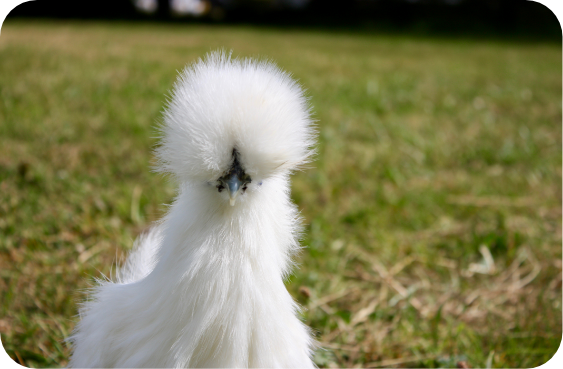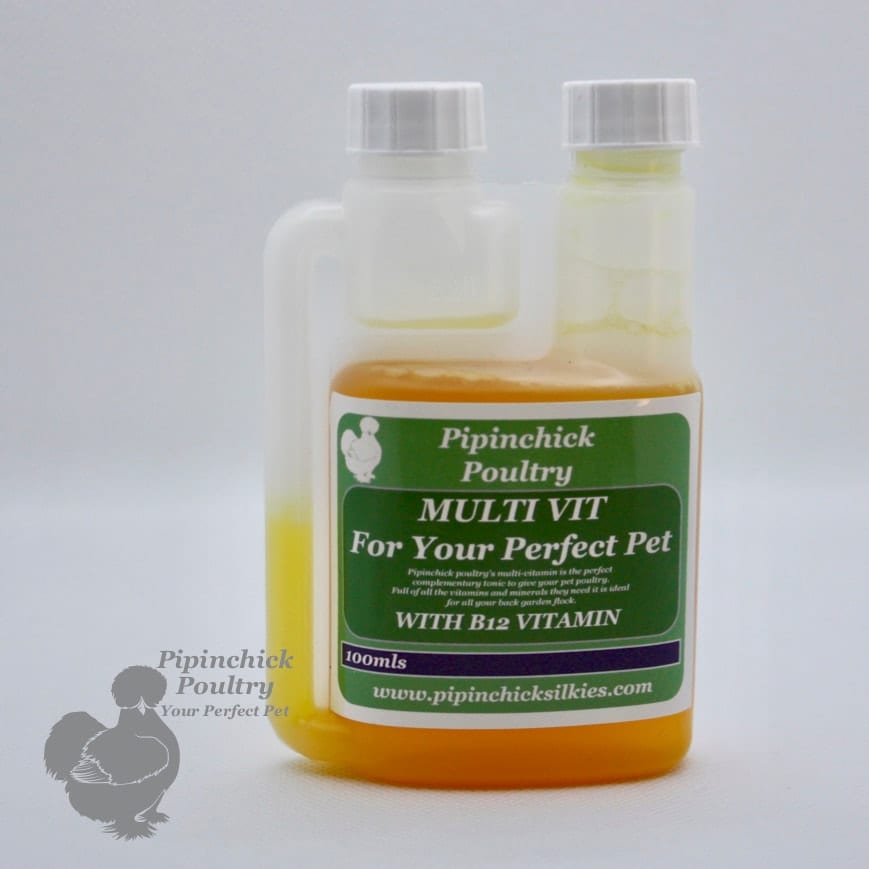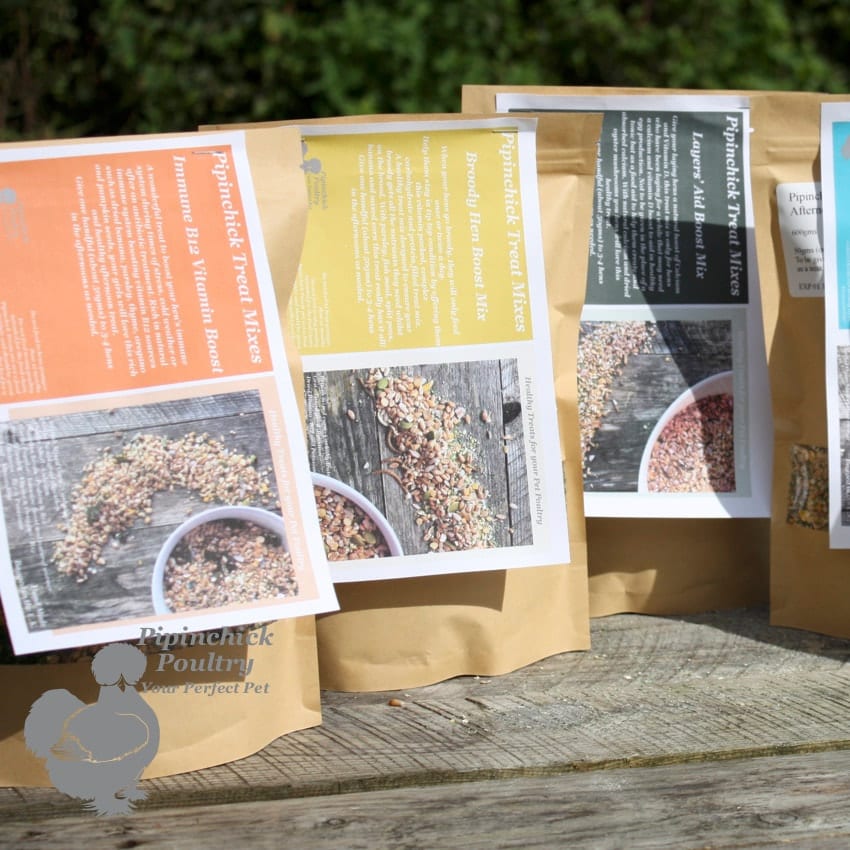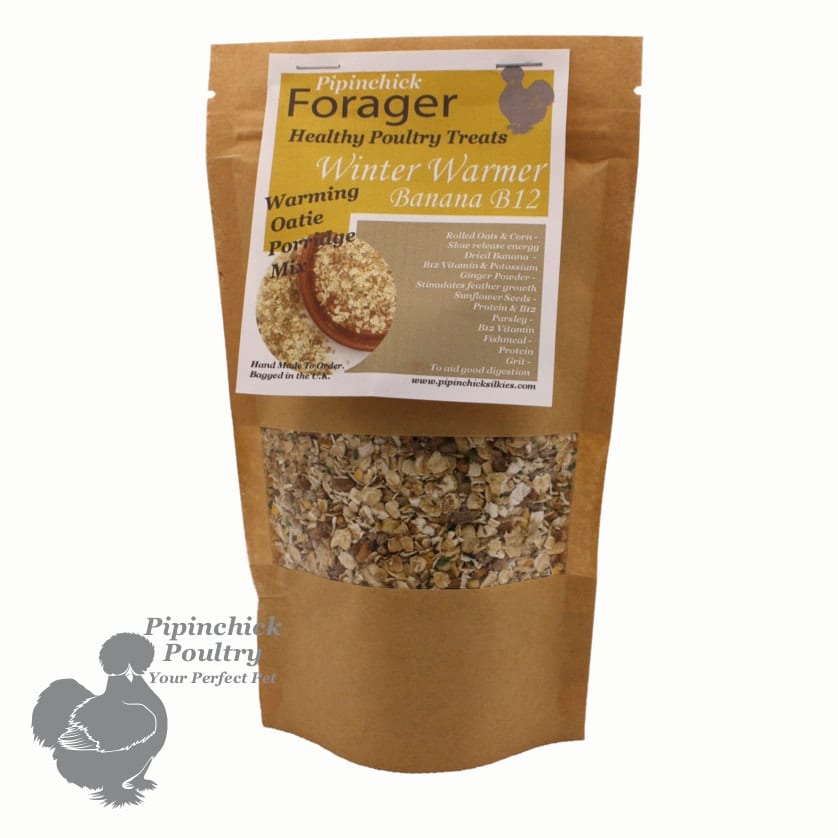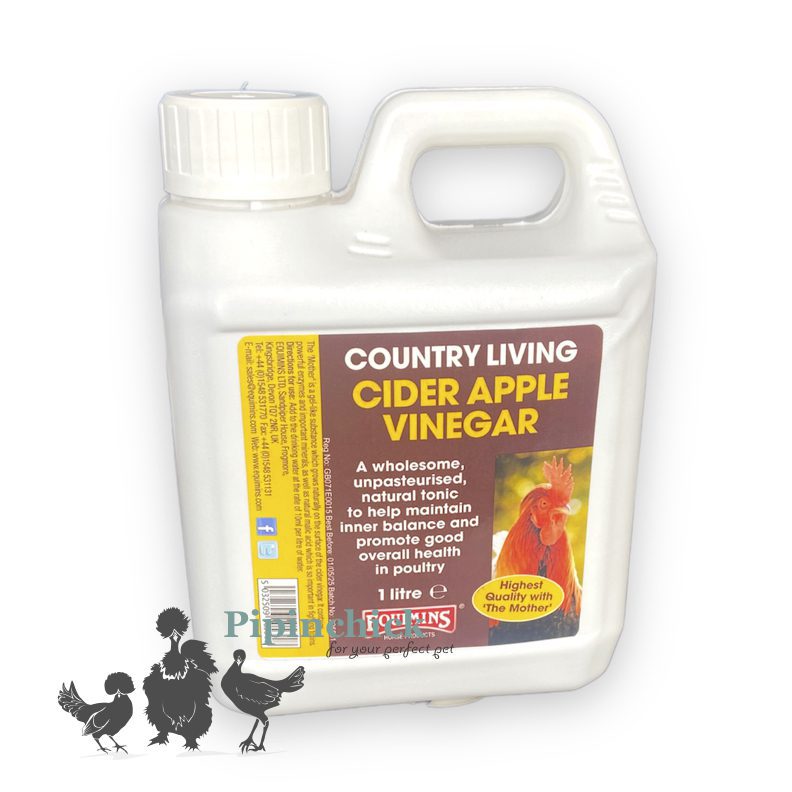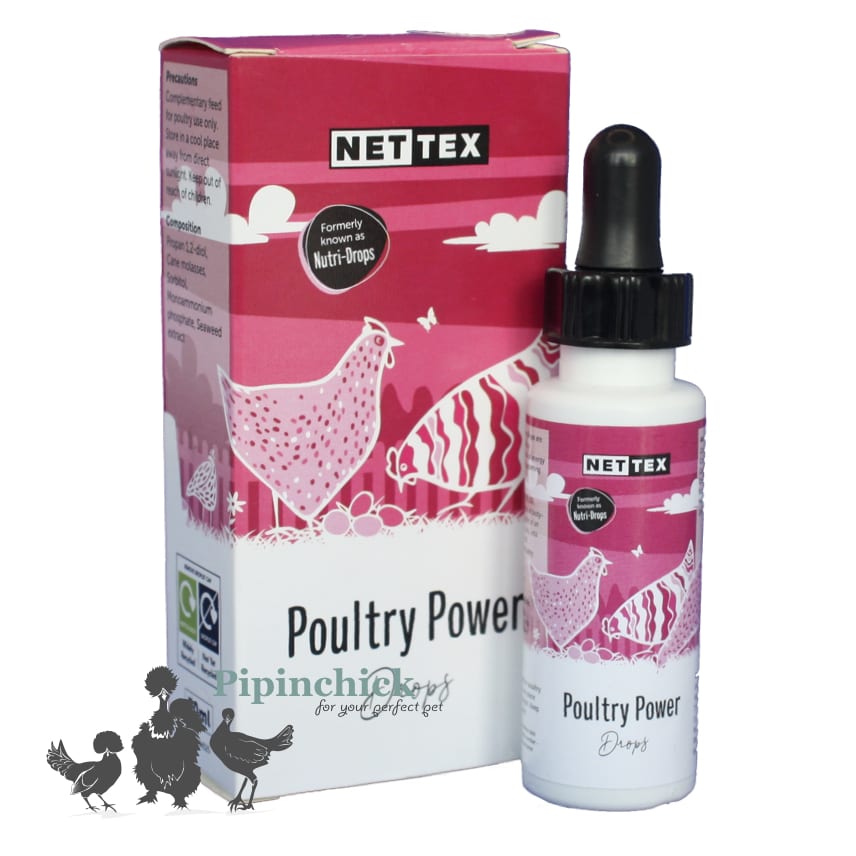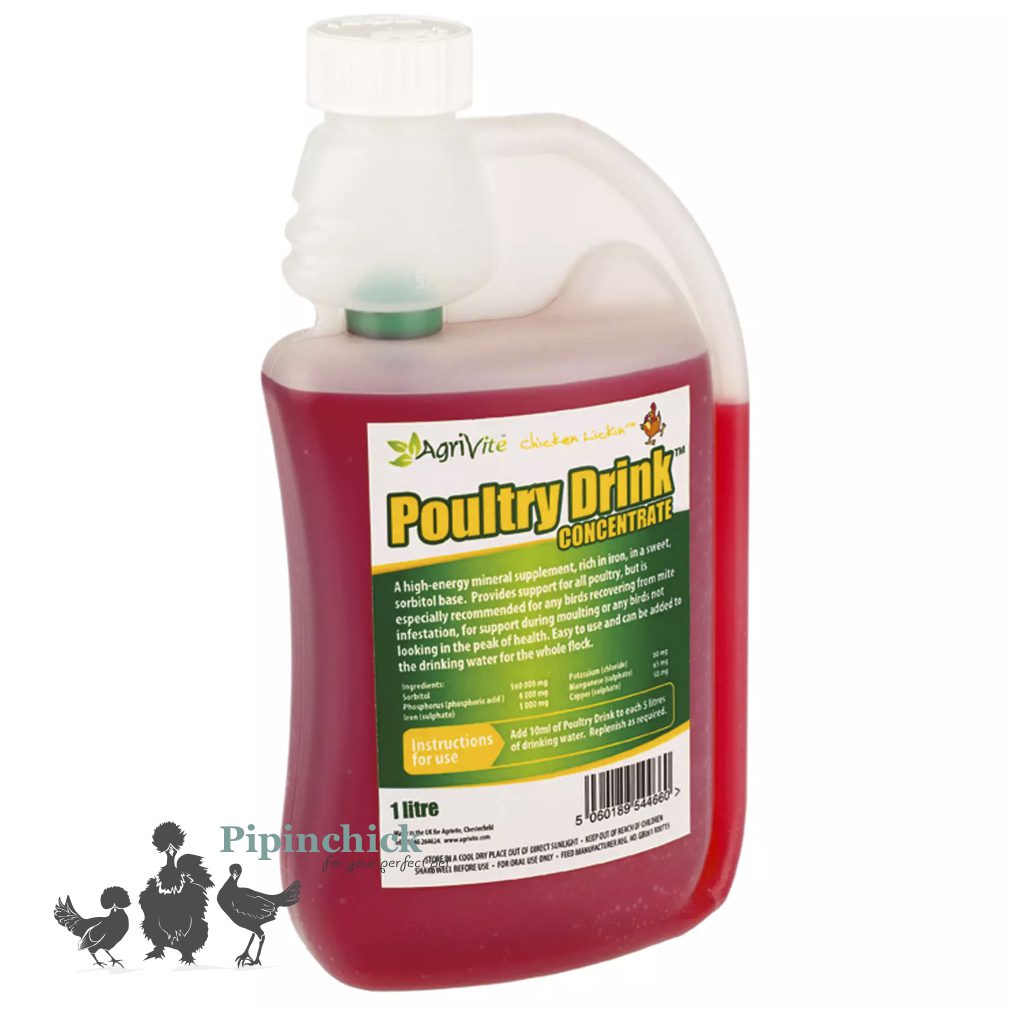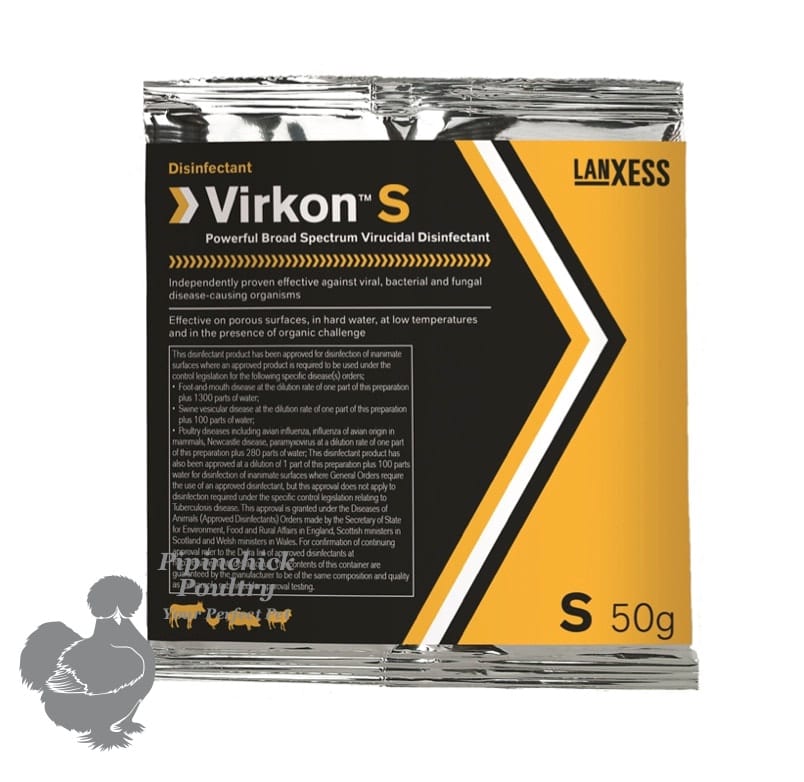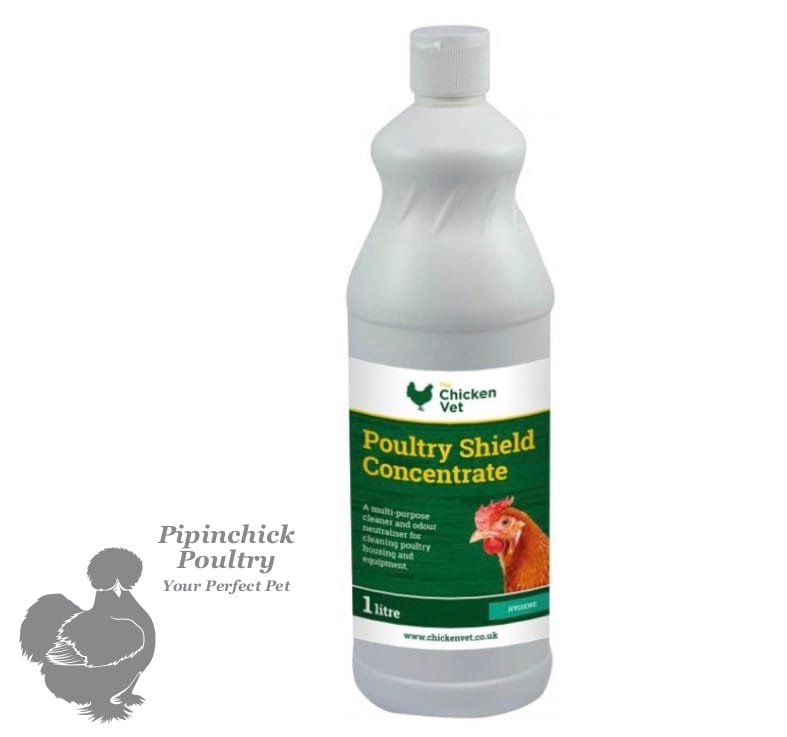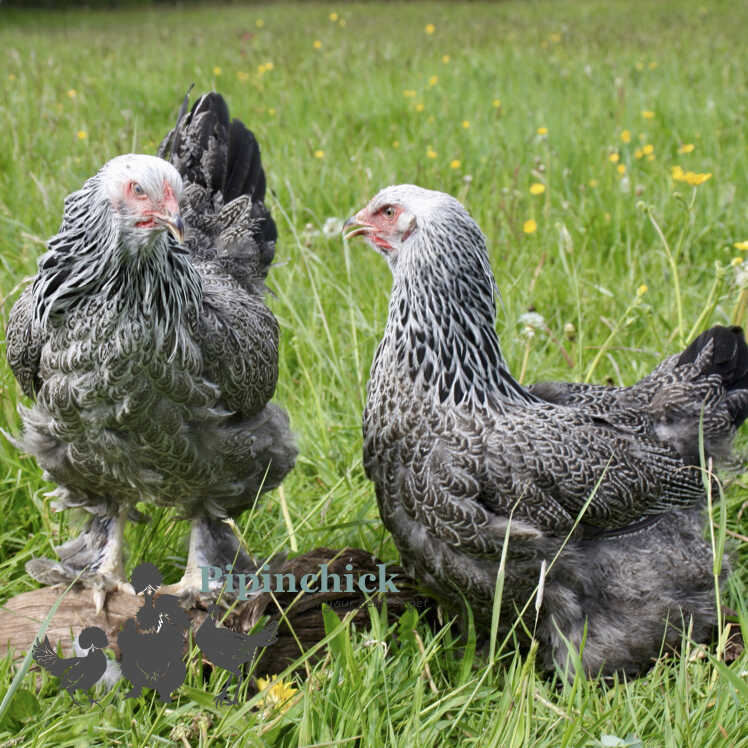



Internal Infection/Lethargy
What is an Internal Infection?
Internal infections in your chicken can range from parasites, egg binding, fungal infections to gastrointestinal infections. These kinds of infections are quite hard to confirm without testing but there are some signs you can look out for. If you can rule out other more common illnesses and your hen is still unwell and has any or all of the below symptoms, then you may need to consult your vet for testing to ascertain if they have some kind of internal infection that may need an antibiotic treatment.
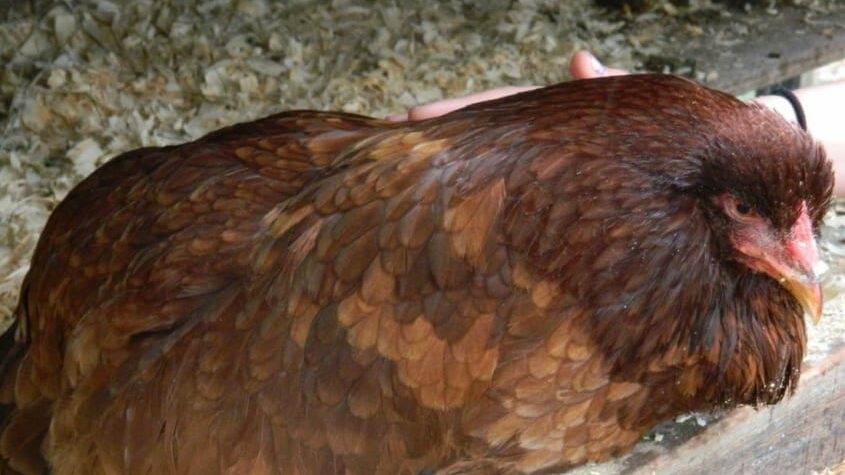
What are the main symptoms of an Internal Infection in chickens?
It can be hard to pin pinpoint an internal infection but there are some common symptoms to look out for, once you have ruled out the other common illnesses and your hen is exhibiting any or all of the below, we recommend consulting a vet.
- Lethargy.
- Loss of appetite.
- Sudden weight loss and emaciation.
- Anaemia, paling of the wattle and combes.
- Runny and green poo.
- Signs of a fungal infection in the back end with very white discharge and irritation.
- Worms in their stool.
- Reduced laying or a total stop in laying.
How are Internal Infections contracted?
There are so many different types of internal infections that can be caused from anything including: yeast, fungal, genetic abnormalities, stuck eggs or malfunctioning reproductive systems. Parasites can also cause infections in the intestines leading to gastrolienal infections.
Chickens can also suffer from blood poisoning (sepsis) from external infections which would cause a lot of the same symptoms, so always check for cuts on your hen's body and feet to ensure they do not have an infected wound.
How to prevent Internal Infections?
Keeping a clean environment is one of the main ways to prevent fungal or bacterial infections, make sure you regularly clean and disinfect your coop using our Virkon S single use sachets and good quality cleaners. Ensure your litter is freshened every 2-3 weeks and don’t let poo and muck build up in your run or coop.
To prevent your hens contracting an internal fungal yeast infection keep their area as clean as recommended above, avoid feeding mouldy food as this can cause a yeast infection and ensure bedding is dry and clean. if you have a hen with an infection such as Vent Gleet remove any cockerels as they can spread the yeast infection from hen to hen.
Worm your hens regularly to avoid getting parasites and check your hens regularly for wounds and cuts.
Effective Treatment.
Once you have confirmed what kind of infection your hen has you can usually treat most with antibiotics which would need to be vet prescribed, you can pre-treat with over the counter treatments to help build strong immune systems and compact mild infections.
Vent Gleet is one of the most common internal fungal yeast infections found in chickens, antibiotics may not be effective in treating Vent Gleet, instead try using anti-fungal treatments instead. You can give your hen 1tbsp of natural live yogurt daily this is very good to help re-balance the PH levels in the gastrointestinal tract neutralising elevated yeast levels, you can also use an external fungal cream around the vent area.
Most gastrointestinal infections can be resolved with Bio Stop which is a great veterinary recommended product that is available on our website, this will help recondition the gut and stop diarrhoea it is very effective after an antibiotic treatment, during times of illness or stress.
Using a good quality multi vitamin and ensuring you keep your hens fit and healthy will help them combat infections.
Consult your vet if you have tried some of these home remedies and nothing as proven effective.
Face to Face Consultation.
If you are still unsure about the health of your chickens and would like a professional opinion, we now offer live face to face consultations via Zoom, WhatsApp or Facetime, this allows us to have a face-to-face call with you and your chickens. You can show us what’s wrong and we can then offer real-time advice and care tips.
